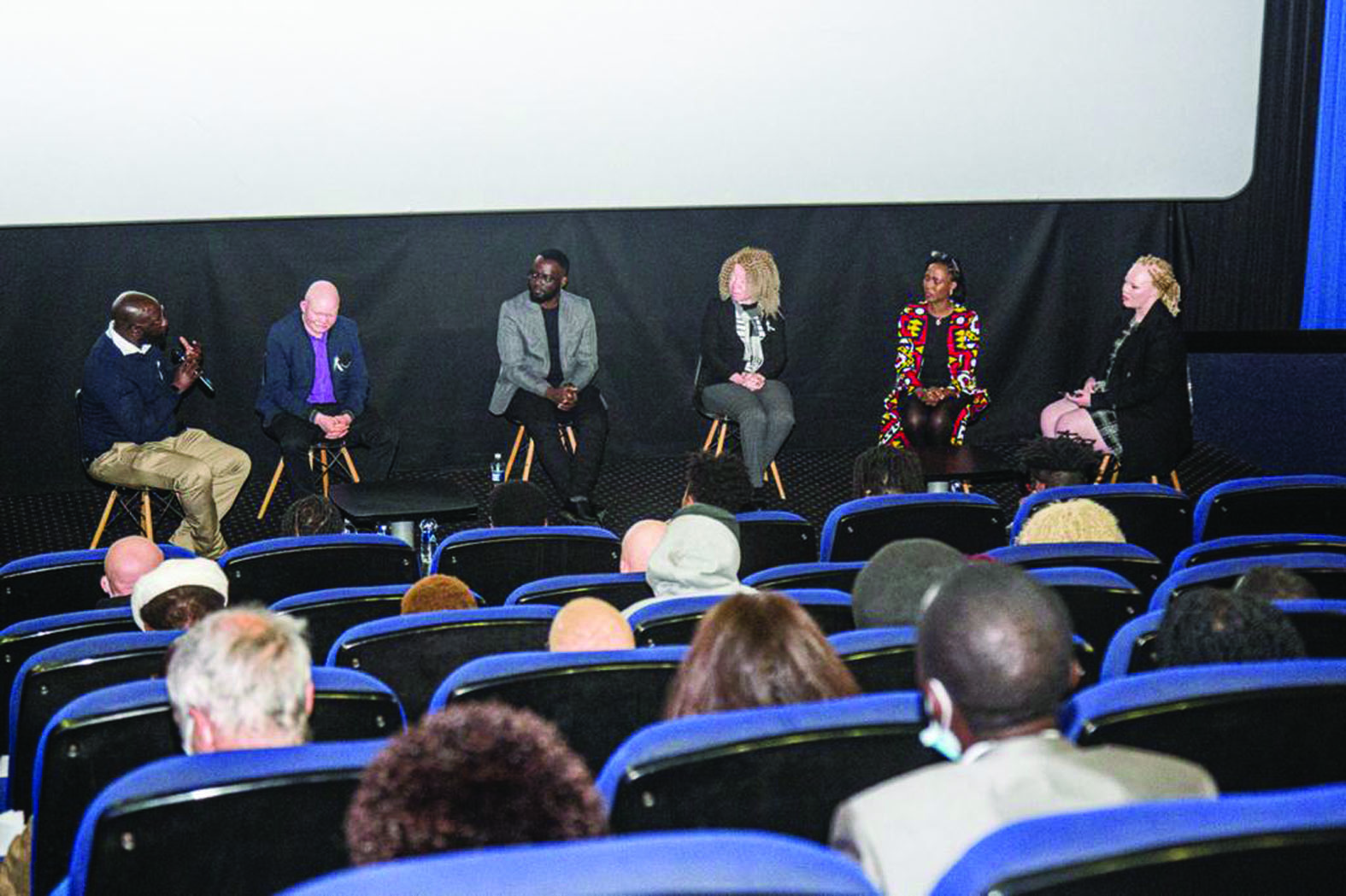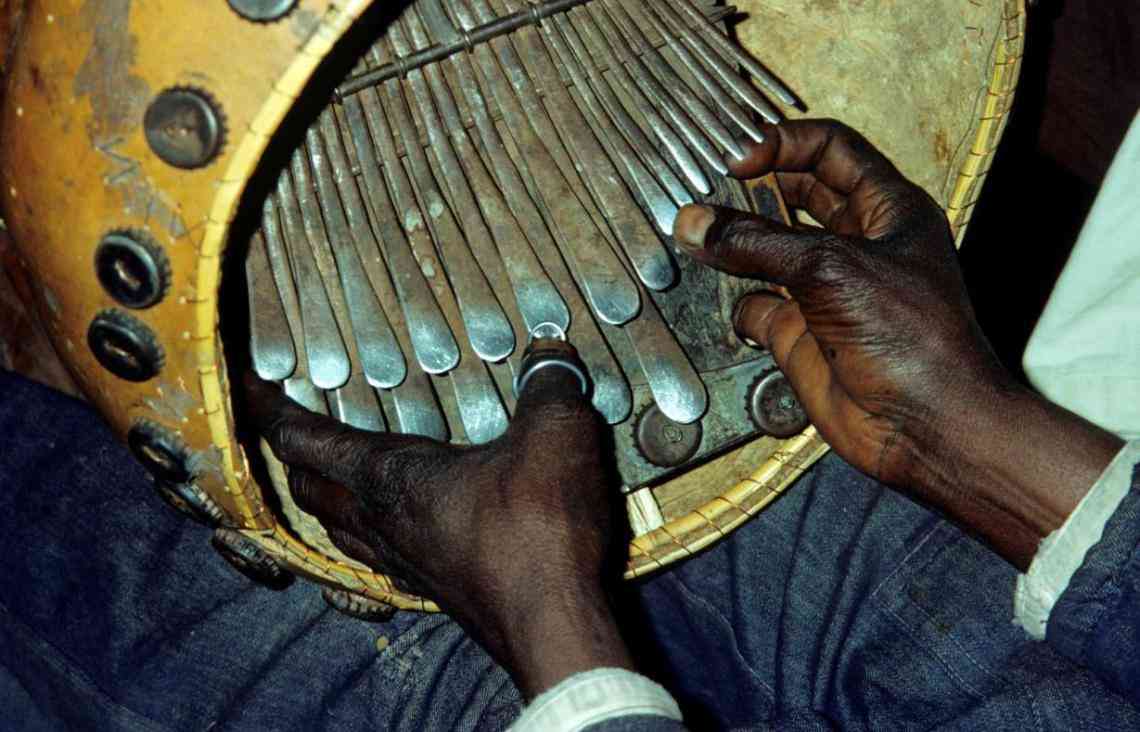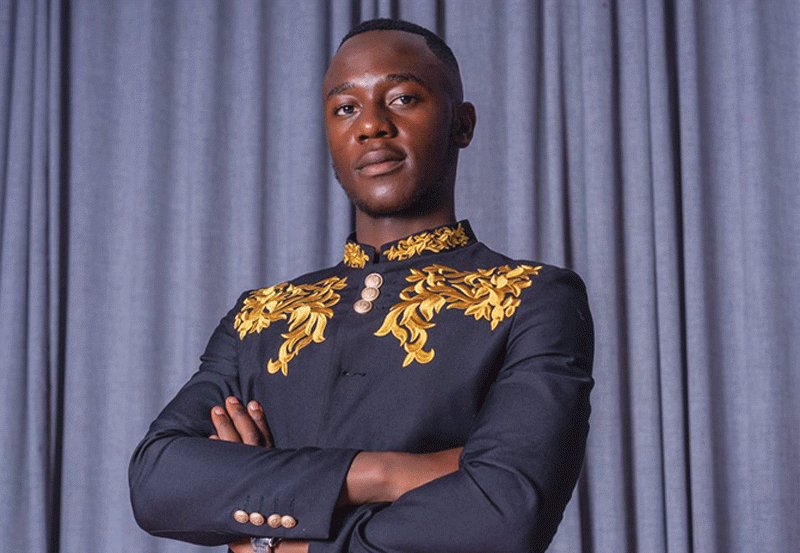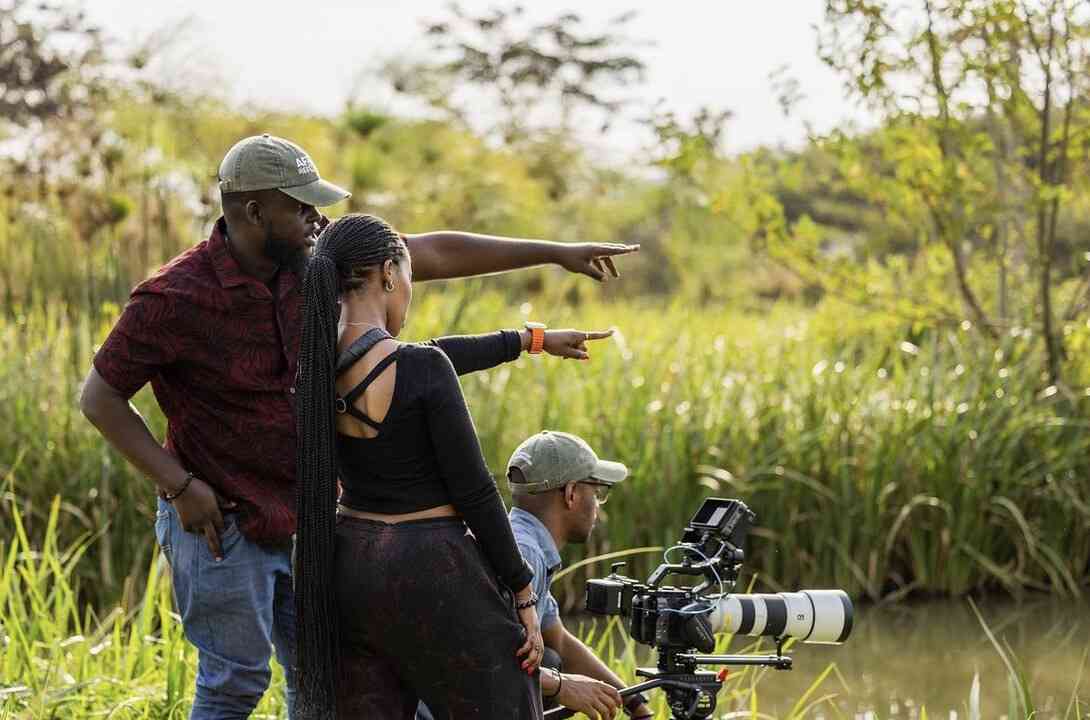
BY CHIEDZA MAZHANGARA THERE are various myths surrounding albinism in many African countries. Myths include that people born with albinism are under punishment, or that parts of their bodies can give wealth to a person.
This has caused them to be outcasts in society.
In an effort to fight against the plight of people with albinism through art, filmmaker Steven Chikosi has produced White yet Black documentary that premiered on Wednesday night at Ster-Kinekor cinema, Sam Levy’s Village in Harare.
Written and directed by Chikosi, White yet Black reflects on the several challenges that people with albinism face among them discrimination, rape and being targeted for rituals among others.
“The idea to produce White yet Black documentary came after I realised that there was a common thread that people living with albinism are suffering from discrimination coming from their own brothers and sisters,” Chikosi said.
“The film features Max Karombo, one of the people living with albinism and a Catholic priest in Zimbabwe, Malawi human rights counsellor Bonface Ophiya Massah and Ingrid Bame, an advocate for persons with albinism.”
Chikosi is optimistic that the film will be pivotal in educating society to understand that albinism is not a disease or a curse.
“I believe the film will play a crucial role in educating the community and spreading the message of supporting and protecting people living with albinism. We are happy to be using film as an educational and entertaining tool which we hope will propel positive social change,” he said.
- Chamisa under fire over US$120K donation
- Mavhunga puts DeMbare into Chibuku quarterfinals
- Pension funds bet on Cabora Bassa oilfields
- Councils defy govt fire tender directive
Keep Reading
In the film, Karombo narrates the discrimination faced by Catholic priests with albinism, noting that at one point when he was distributing Holy Communion, he noticed the frowns on congregants’ faces after he saved them.
The film also reveals how people living with albinism are looked down upon in the different communities they live and when seeking employment.
It also shows how some companies are not yet ready to accommodate and give opportunities to people with albinism at their work spaces.
Rape by deception of women with albinism is another issue exposed by the film.
This has been portrayed as an act stimulated by such ritual and false beliefs as that men with HIV and Aids can be cured if they have sex with a woman with albinism.
Karombo added that he was happy to be part of such an educational documentary and hopes that the film is going to give a different perception to the world about people with albinism.
Chikosi said scenes from the film were shot at Kapota school for the blind in Masvingo, Mutare, Binga and Lilongwe in Malawi.
- Follow us on Twitter @NewsDayZimbabwe











